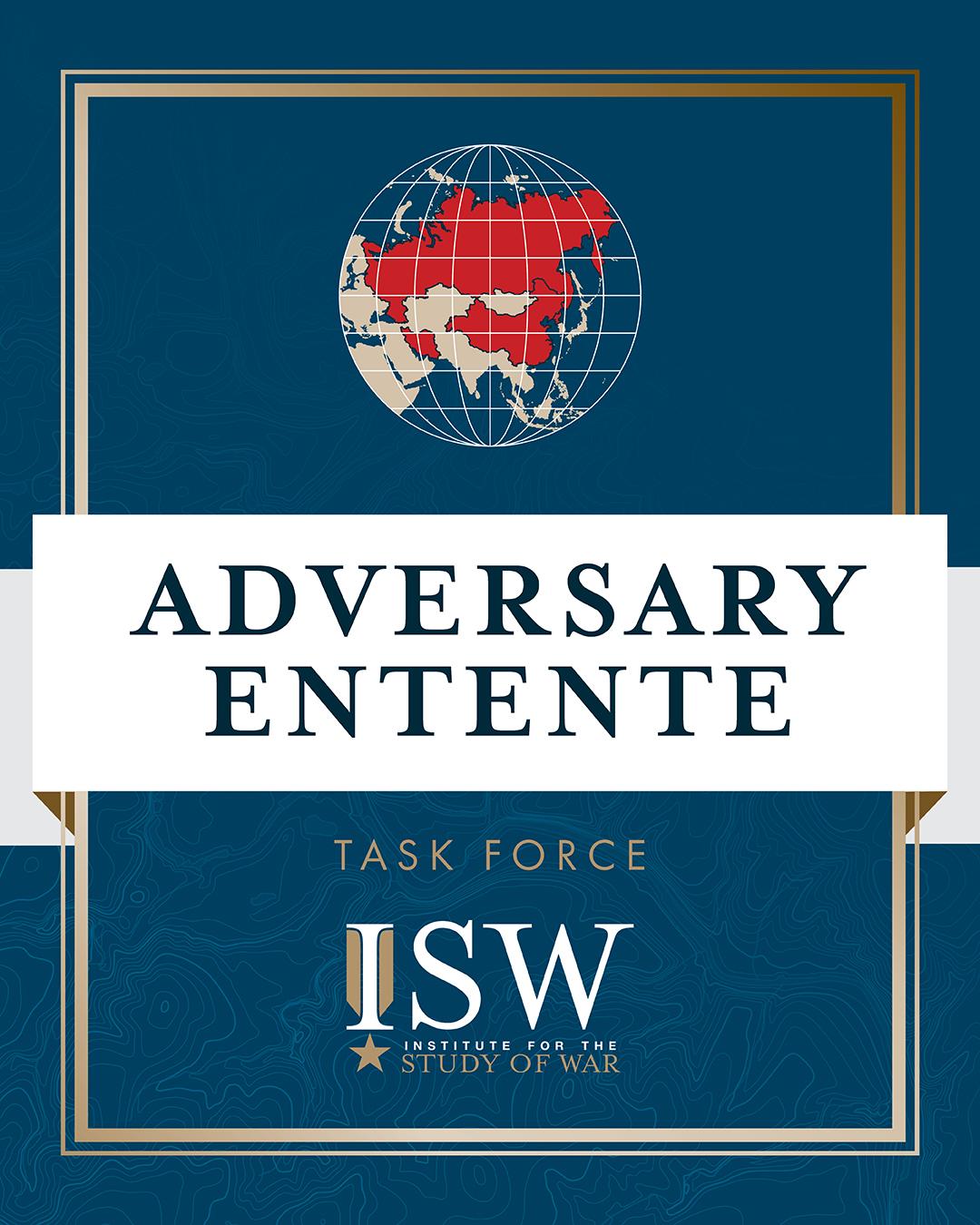Iran may be seeking closer military cooperation with the PRC as an alternative to Russia. Iranian Defense Minister Aziz Nasirzadeh met with PRC Defense Minister Dong Jun on June 26 while attending a defense ministers’ meeting of the Shanghai Cooperation Organization (SCO) in Qingdao, PRC, his first foreign trip to the PRC since the Israeli and US strikes on Iran. The defense ministers of seven other SCO members also attended the summit, including Russia, Belarus, India, and Pakistan. Nasirzadeh thanked the PRC for “supporting Iran’s legitimate position after recent attacks” by Israel and the United States, according to PRC readouts, and expressed hope that the PRC would “continue to uphold justice and play a greater role in maintaining the current ceasefire and easing regional tensions.”
Iranian and Arab media speculated that one of Nasirzadeh’s aims during the meeting was to secure a purchase of the PRC’s Chengdu J-10C multirole combat aircraft. The Iranian Defense Minister is not in the official Iranian military chain of command and has two main functions—managing Iran’s defense industrial base (DIB) and engaging in arms acquisitions and sales. Nasirzadeh, in his capacity as defense minister, was very likely engaging his SCO defense ministers in order to secure any sort of military support that they would be willing to provide Iran. Nasirzadeh’s meeting with Dong is particularly noteworthy in light of what Iran may be seeking from the PRC. Some Arab news outlets reported that Nasirzadeh and other officials initiated high-level talks to procure J-10s and advanced AWACS (Airborne Warning and Control System) equipment. Iranian news outlet Defa Press, which is affiliated with the Iranian Armed Forces General Staff, published an article on June 29 supporting the purchase of the PRC fighter jets and claiming that Iran was “likely” to buy them. Defa Press noted that the 4.5-generation light fighter is more affordable than some Russian, US, and European fighters. Pakistan reportedly used J-10Cs to shoot down Indian French-made Rafale aircraft during the brief Indo-Pakistan conflict earlier in 2025. Iran previously finalized a deal to purchase Russian Sukhoi-35 fighter jets in 2023, but there is no confirmation that Russia has delivered the fighters to Iran as of July 2025.
Key takeaways:
- Iran may be seeking closer military cooperation with the PRC following Russia’s failure to support Iran meaningfully during and in the aftermath of the Israel-Iran war. The PRC is unlikely to provide Iran with the military systems it is seeking, however.
- Members of the adversary entente are learning airpower lessons from the Israel-Iran war and are likely to implement these lessons in their operational planning for future conflicts. The PRC also continues efforts to learn how to combat Western weapons systems based on the experience of Russian forces fighting in Ukraine.
- The Israel-Iran war may have generated a shift in the PRC-Russia energy relationship. Russia may benefit from the PRC’s renewed desire to import Russian oil via the Power of Siberia 2 pipeline to offset the risks of disruption of oil flows from the Persian Gulf.
- The PRC’s failure to support Iran during and after the Israel-Iran war may damage the PRC’s reputation in the wider Middle East.
- Russia is using the Israel-Iran war to disparage the International Atomic Energy Agency (IAEA) to advance informational objectives in Ukraine.
| 




 [ISW] 이란 업데이트, 2025년 7월 2일
[ISW] 이란 업데이트, 2025년 7월 2일
 [국방부] 정전협정 이틀 전 전사… '고(故) 김석오 하사' 72년 만...
[국방부] 정전협정 이틀 전 전사… '고(故) 김석오 하사' 72년 만...